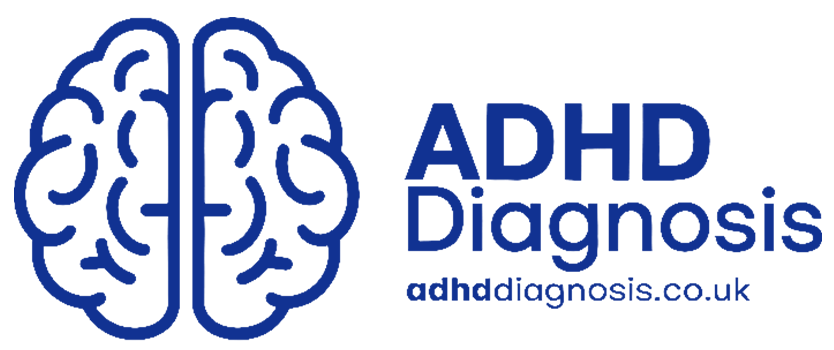ADHD, or Attention Deficit Hyperactivity Disorder, is a lifelong neurodevelopmental condition that affects how individuals process information, focus their attention, control impulses, and manage their energy levels. Although it’s commonly associated with children who are hyperactive or struggle in school, ADHD persists into adulthood for many and often goes unnoticed until daily responsibilities become overwhelming. For years, adults with undiagnosed ADHD may label themselves as lazy, forgetful, or emotionally unstable without realising there’s a neurological explanation behind their challenges.

Getting an ADHD diagnosis is not about labelling someone—it’s about giving a name to a lived experience. It validates the struggles many individuals face and opens doors to support, resources, and tailored interventions. Without a diagnosis, people often suffer in silence, battling anxiety, low self-esteem, or burnout from trying to “keep up” in a world not designed for their brains. Diagnosis is the first step towards self-understanding, making informed lifestyle adjustments, and accessing medical or psychological support. Whether it’s for a child showing behavioural issues at school or an adult who has always felt “different,” understanding and seeking a diagnosis is a powerful and transformative step toward reclaiming control of one’s life.






